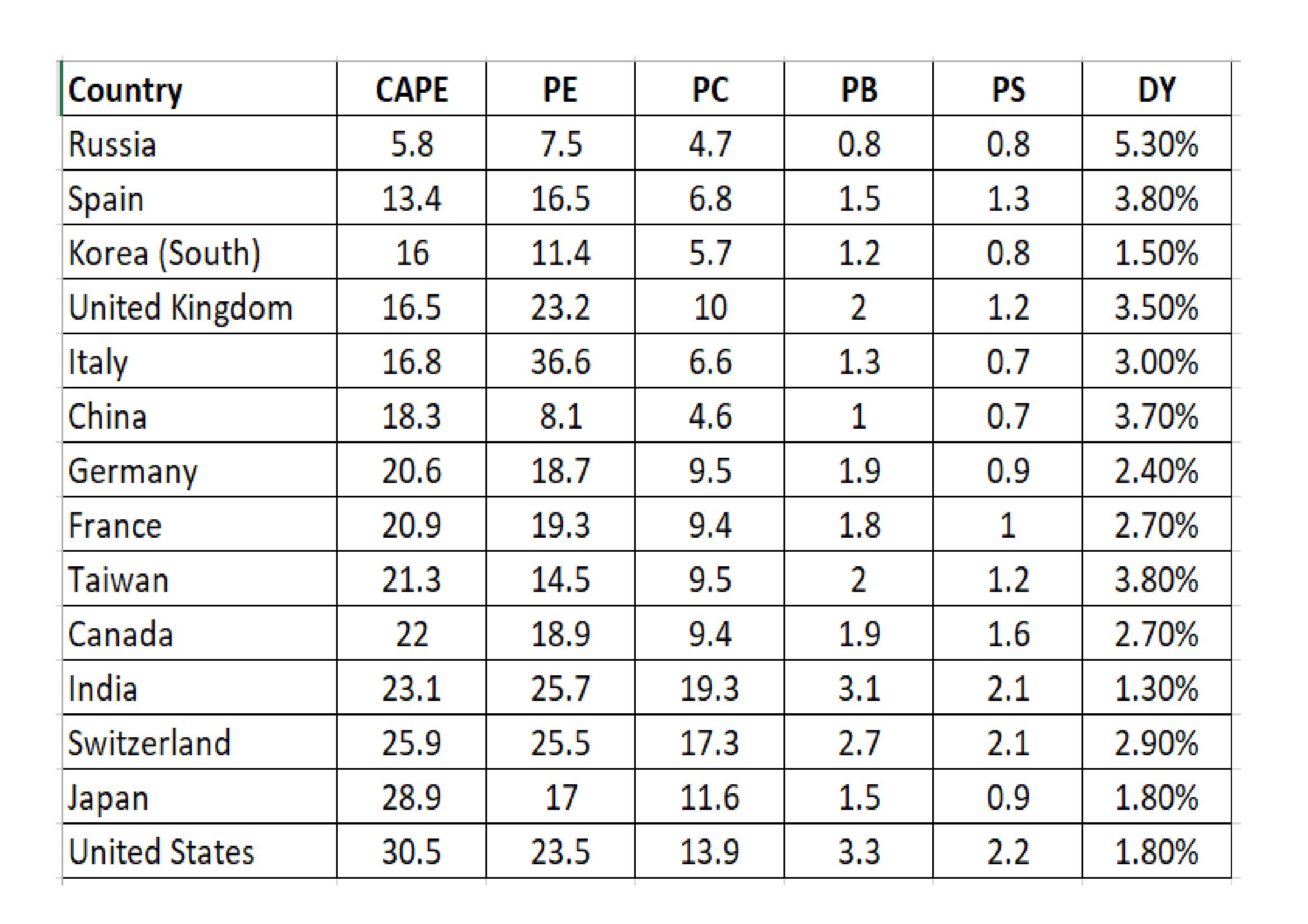On BBC Radio 4 tonight at 8:30:
We dream about it, argue about it, worry about it, celebrate it, spend it, save it, we transfer it from one emotion to another. But what exactly is money? And why do we trust it? Frances Stonor Saunders takes a journey through some of the fundamentals of money.
The Cobden Centre’s Gordon Kerr will make a brief but strong case for gold.



““[I]t appears to me to be just as certain that the functions of being a “measure of value” and a “store of value” must not be attributed to money as such, since these functions are of a merely accidental nature and are not an essential part of the concept of money.” – Carl Menger
I presume that Mr Kerr will only get a sound bite, but isn’t it innacurate to suggest gold is money since as Menger pointed out money is a medium of exchange, it is only incidental that certain forms of money are also a store of value, for example in a prison cigarettes can be money but are certainly not a store of value.
Given this wouldn’t it be more accurate to call gold a store of wealth or an inflation hedge for I know of not one shop that would exchange my silver and gold coins for goods in this day and age.
Or would it be even more accurate to say gold is a store of value and can also be money if used in exchange?
Someone correct me here please.
Hi Michael,
Personally, I think you are correct in commenting that gold should not be described as money, but to get folk to agree to a common definition of what “money” is seems well nigh impossible.
For me at least, when gold or silver, or any other commodity for that matter, is used in the exchange process, the transaction, on completion or the goods / exchange medium swap, is fully complete.
Alternatively, the use of a ‘fiat’ money instead of, say, gold, leaves one side of the exchange with real value whilst the other holds only a claim against other goods or services.
In essence then, the use of commodities represents full barter (value for value), whilst the use of “fiat money” allows split barter (value for future claim).
Both mechanisms as exchange options are, I would argue, entirely legitimate, though we would indeed do well to differentiate them in some way.
For me however, such definitions are not the principal issue, as the root cause of our problems with money lie not within a choice of exchange options but with having a political monetary system. Repeal of the legal tender laws to allow competing currencies and methods of exchange, along with the complete removal of the State from the issue of money / credit, seems to me to represent the only chance of ever introducing any kind of stable exchange systems. In the absence of such reform, the State remains free to debase the currency – and fleece its subject population in the process – at will.
In respect of “What is Money” on radio 4, I thought it was, overall, a very disappointing program, though I did get a laugh out of Paul Fisher’(Executive Director of the Bank of England) closing line in respect of the role of the BoE. “We’re protecting you from charlatans” said he.
This from a representative of the very institution that has, along with its colluding political master, quite literally destroyed the purchasing power of Sterling since around 1914. As Dominic Frisby of ‘Money Week’ wrote when commenting upon the pound early last year: –
“One thing in particular was really rammed home to me – what an absolute, complete and utter dog the pound has been for the last 97 years. Even by the standards of other Western government currencies – most of which, ultimately, will be worth little more than the paper they’re printed on – it has been awful”.
With friends like Paul Fisher I would think that it is time to seriously consider giving the ‘charlatans’ a go. What say you?
AD